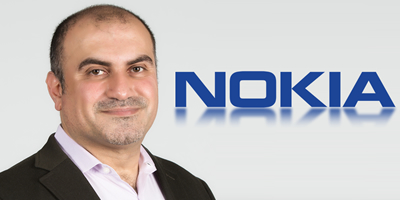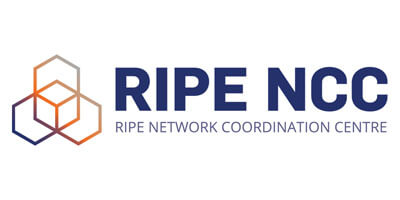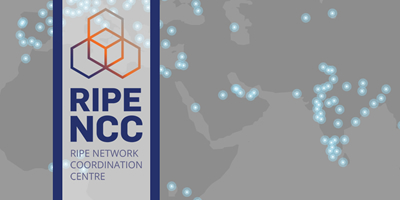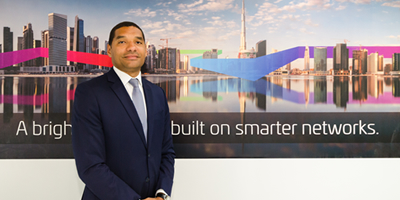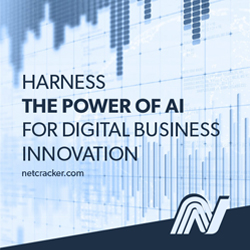By Kamal Ballout, head of TEPS MEA & Global Energy Segment, Nokia
In comparison to the Industrial Revolution, the Information Revolution has been disappointing from a productivity perspective. But all of that is set to change with automation trends such as smart cities and Industry 4.0. The digitally driven automation of our infrastructure will have very productive results in many areas of life, including manufacturing, energy, transportation and many more. IoT married with advanced technologies such as artificial intelligence (AI), cognitive/machine learning and machine-to-machine communications will finally enable us to harvest the fruits of our digital data for real-world results. Many things are coming together to make this possible, but at the center of it all is the network, which is the real driver of this revolution.




